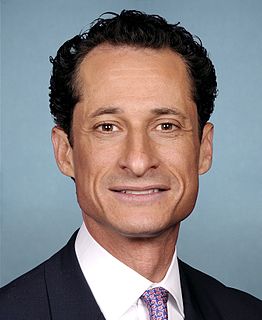A Quote by Lawrence Kudlow
States with high and rising tax burdens are more likely to suffer economic decline; those with low and falling tax burdens are more likely to enjoy strong economic growth.
Related Quotes
Obama and the Democrats' preposterous argument is that we are just one more big tax increase away from solving our economic problems. The inescapable conclusion, however, is that the primary driver of the short-term deficit is not tax cuts but the lack of any meaningful economic growth over the last half decade.
All those predictions about how much economic growth will be created by this, all of those new jobs, would be created by the things we wanted - the extension of unemployment insurance and middle class tax cuts. An estate tax for millionaires adds exactly zero jobs. A tax cut for billionaires - virtually none.
Let's take the nine states that have no income tax and compare them with the nine states with the highest income tax rates in the nation. If you look at the economic metrics over the last decade for both groups, the zero-income-tax-rate states outperform the highest-income-tax-rate states by a fairly sizable amount.
Sometimes, tax rate increases create the very problems that the spending is intended to cure. In other words, the tax rate increases reduce economic growth; they shrink the pie; they cause more poverty, more despair, more unemployment, which are all things government is trying to alleviate with spending.
Budget deficits are not caused by wild-eyed spenders, but by slow economic growth and periodic recessions. And any new recession would break all deficit records. In short, it is a paradoxical truth that tax rates are too high today and tax revenues are too low, and the soundest way to raise the revenues in the long run is to cut the rates now.
People who graduate are more resilient financially, and they weather economic downturns better than people who don't graduate. And, throughout their lives, people who graduate are more likely to be economically secure, more likely to be healthy, and more likely to live longer. Face it: A college degree puts a lot in your corner.






























